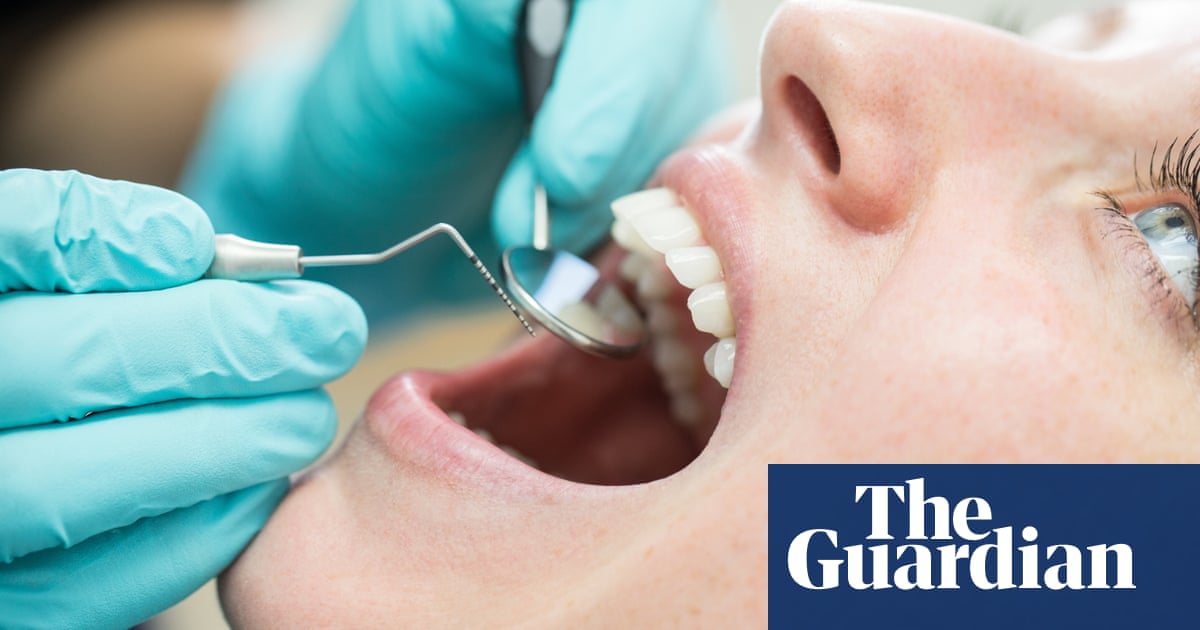
Unfortunately for those at high risk, the effects of developing infective endocarditis (IE) after invasive dental procedures not covered by antibiotic prophylaxis can be devastating for them and their families.
Not all patients at high risk of endocarditis are old; many are young with young families. Despite being at high risk, most such patients live full and active lives, and the sudden onset of severe illness and urgent hospitalisation with IE comes completely unexpectedly and out of the blue.
Unfortunately, patients quickly become extremely ill, requiring intensive care, intravenous antibiotics and frequently heart surgery to replace damaged heart valves and to treat seats of infection.
About 20% will die during this initial hospitalisation and overall, about 30% will die in the first year. The consequences of this are devastating for their families, particularly those with young children or where the patient is the main breadwinner.
Strokes and distant site infections are a common immediate complication of infective endocarditis and even those patients who survive may suffer catastrophic long-term illness and complications, including heart or kidney failure, or being bedridden from the effects of strokes or infections of the brain or spine.
Such patients may spend many months in hospital and need constant care and support for the rest of their lives when they are finally discharged home. The impact of this on families, the healthcare system, the economy and society are enormous.
I think it is clear there have been a significant number of IE cases and deaths that could have been avoided if, like all other international guideline committees, the National Institute for Health and Care Excellence had recommended [in 2008 that] those at high risk should receive antibiotic prophylaxis.
With regard to those dental procedures that are considered invasive – that is, capable of causing a bacteraemia with oral bacteria that could cause IE – there is general acceptance that these include: dental extractions, oral surgery procedures and dental procedures involving manipulation of the gingival or periapical region of the teeth, including scaling and root canal procedures. Any such procedures may cause the gums to bleed and result in a bacteraemia.
Regardless of invasive dental procedures, some IE cases may also occur in those at increased risk as a result of daily activities such as tooth brushing, flossing or chewing food. This is much more likely if the oral hygiene is poor or the teeth are loose due to periodontal disease. Hence improving and maintaining good oral hygiene is also important for prevention.
Because of this there is a difficult conundrum around the procedure of scaling – removing hard deposits of calcified food and bacterial deposits from the teeth. Dental scaling is important for improving oral hygiene, and hence reducing the risk of IE from poor oral hygiene. But because it is an invasive dental procedure, that often disturbs and causes bleeding of the gums, the procedure itself carries a risk.
Hence why scaling procedures, even though they improve oral hygiene, should be covered by antibiotic prophylaxis, particularly in individuals with poor oral hygiene.
Martin Thornhill is professor of translational research in dentistry at Sheffield University












